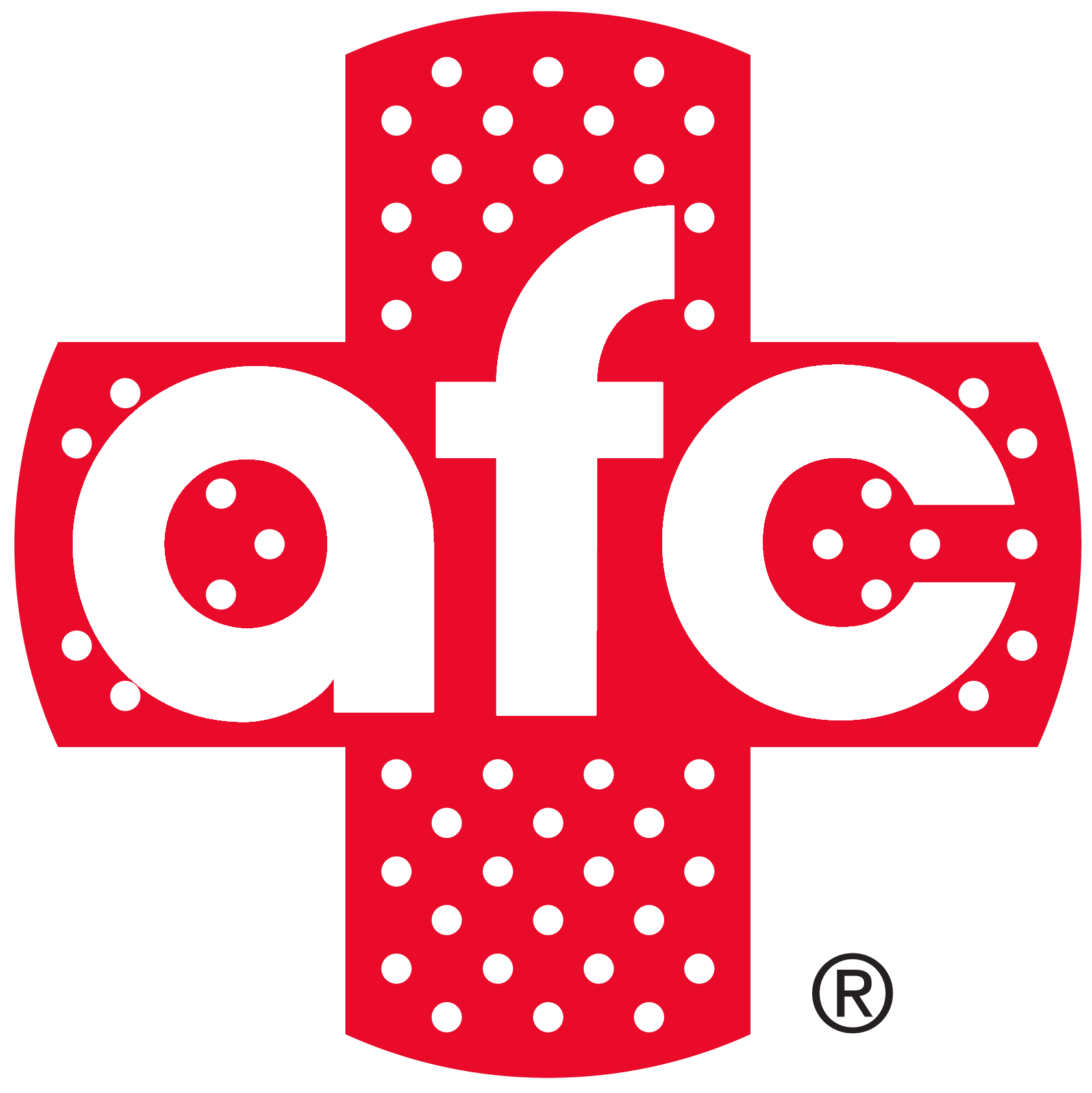Find The Location Nearest Covid-19 Testing
We think you’re located in zip code 37421. Not Right?
Tattoo Infection Treatment in Chattanooga TN | AFC Urgent Care
If you suspect your tattoo is infected, visit our clinic ASAP for walk-in treatment. We’re open 7 days a week – no appointment required.
The popularity of tattoos is on the rise, with a growing number of individuals opting to get inked. However, tattoos are not without risk, as they can potentially lead to infections. At AFC Urgent Care, we prioritize the health and safety of our community and provide treatment for tattoo-related infections.
We do not offer tattoo removal services.
Call our office or fill out our contact form to learn more.How do tattoos get infected?
Tattoo infections occur when bacteria get into the wound. Infections commonly result from unsanitary tattooing equipment or surroundings, as well as poor aftercare practices that allow for bacterial or fungal contamination. Certain medical conditions or medications may also make some individuals more prone to infections. To reduce the risk of infection, it’s important to choose a reputable tattoo shop and follow all aftercare instructions carefully.
Symptoms of a Tattoo Infection
An infected tattoo can cause redness, swelling, and a rash with raised bumps around the tattooed area. While some irritation is common, if symptoms last for over a week, it’s essential to seek medical help to avoid potential complications and further infection.
Here are the common symptoms of a tattoo infection to watch for:
- Redness and swelling near the tattoo
- Pain, tenderness and/or itching around the tattoo
- Heat radiating from the tattoo
- A discharge that resembles pus from the tattoo
- Fever
Will I get a staph infection if my tattoo is infected?
If your tattoo becomes infected, it’s not necessarily caused by staph bacteria. However, staph infections can result from untreated tattoo infections, which can be severe and even life-threatening. If you suspect a tattoo infection, seek medical attention immediately. Our healthcare providers can diagnose the condition and provide the necessary treatment to prevent any potential complications.
Treatment for Infected Tattoos
When it comes to treating tattoo infections, there are a variety of options depending on the severity of the infection. Here are some common types of treatment:
- Antibiotics: If the infection is caused by bacteria, your AFC provider may prescribe antibiotics to kill the bacteria and clear up the infection.
- Drainage: In some cases, if the infection has created an abscess or collection of pus, your provider may need to drain the area to remove the pus.
- Wound cleaning: Cleaning the affected area is important to prevent further infection and promote healing. Your provider may instruct you on how to properly clean the wound or perform the cleaning themselves.
- Topical treatments: Your provider may prescribe or recommend topical treatments such as antibacterial creams or ointments to help clear the infection and promote healing.
Your healthcare provider will evaluate the severity of your infection and determine the appropriate treatment plan for your specific situation.
Preventing Tattoo Infections
To prevent tattoo infections, it is crucial to follow proper aftercare measures. Your tattoo artist will provide you with instructions to ensure the healing process goes smoothly. It’s important to keep the tattooed area clean, dry and moisturized with an unscented lotion. Avoid soaking in water, swimming in a pool or exposing your tattoo to direct sunlight for long periods of time. Refrain from scratching or picking at your tattoo, as this can lead to infection. By following these precautions, you can minimize the risk of infection and ensure your tattoo heals properly.
 How Can We Help?
How Can We Help?
- PATIENT SERVICES
- COVID-19 SERVICES
- TELECARE
- EMPLOYER RESOURCES
- PATIENT RESOURCES
- ABOUT US

Don't wait to get the medical attention you need.
CALL US TODAY | (423) 531-0911


